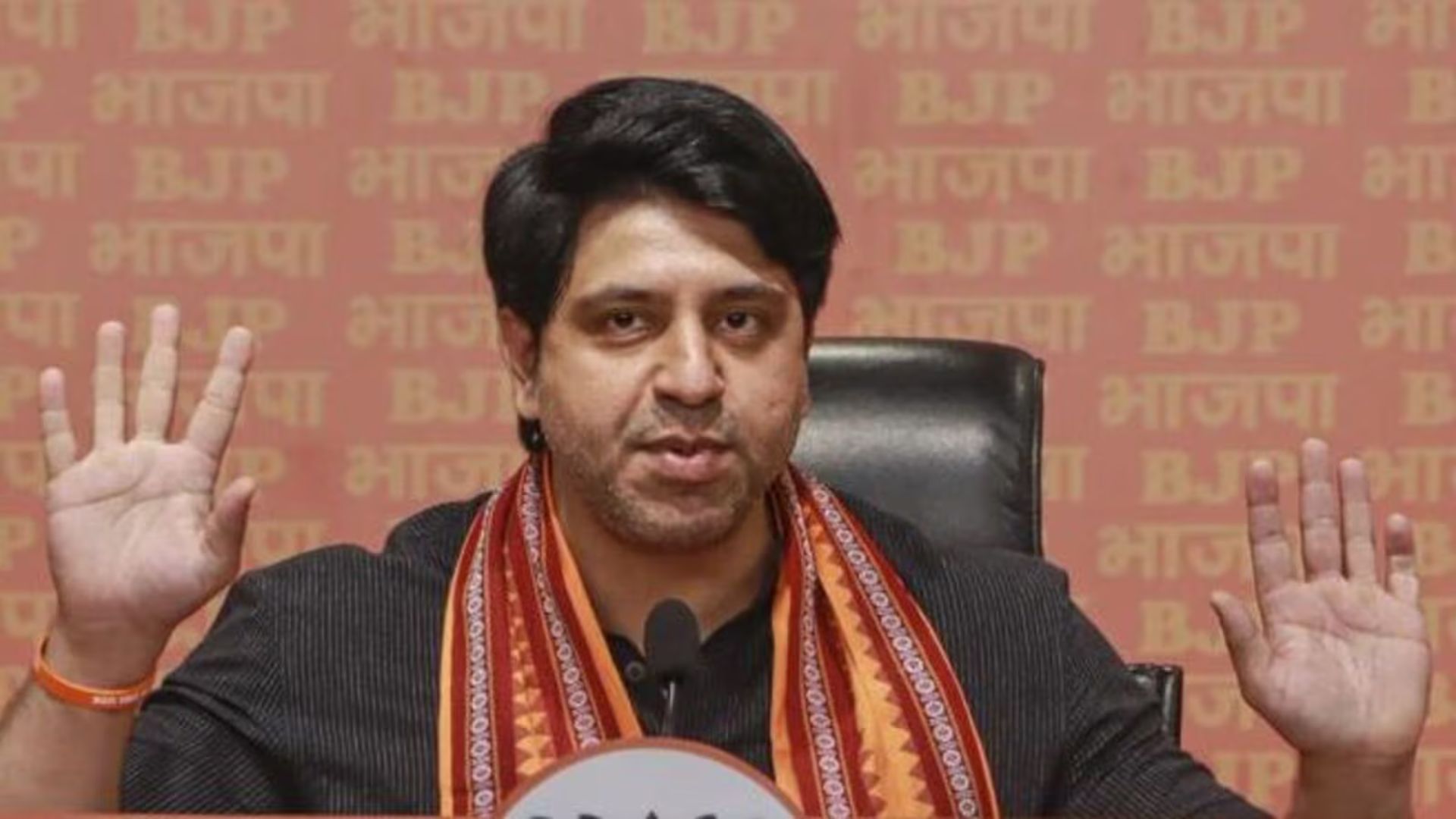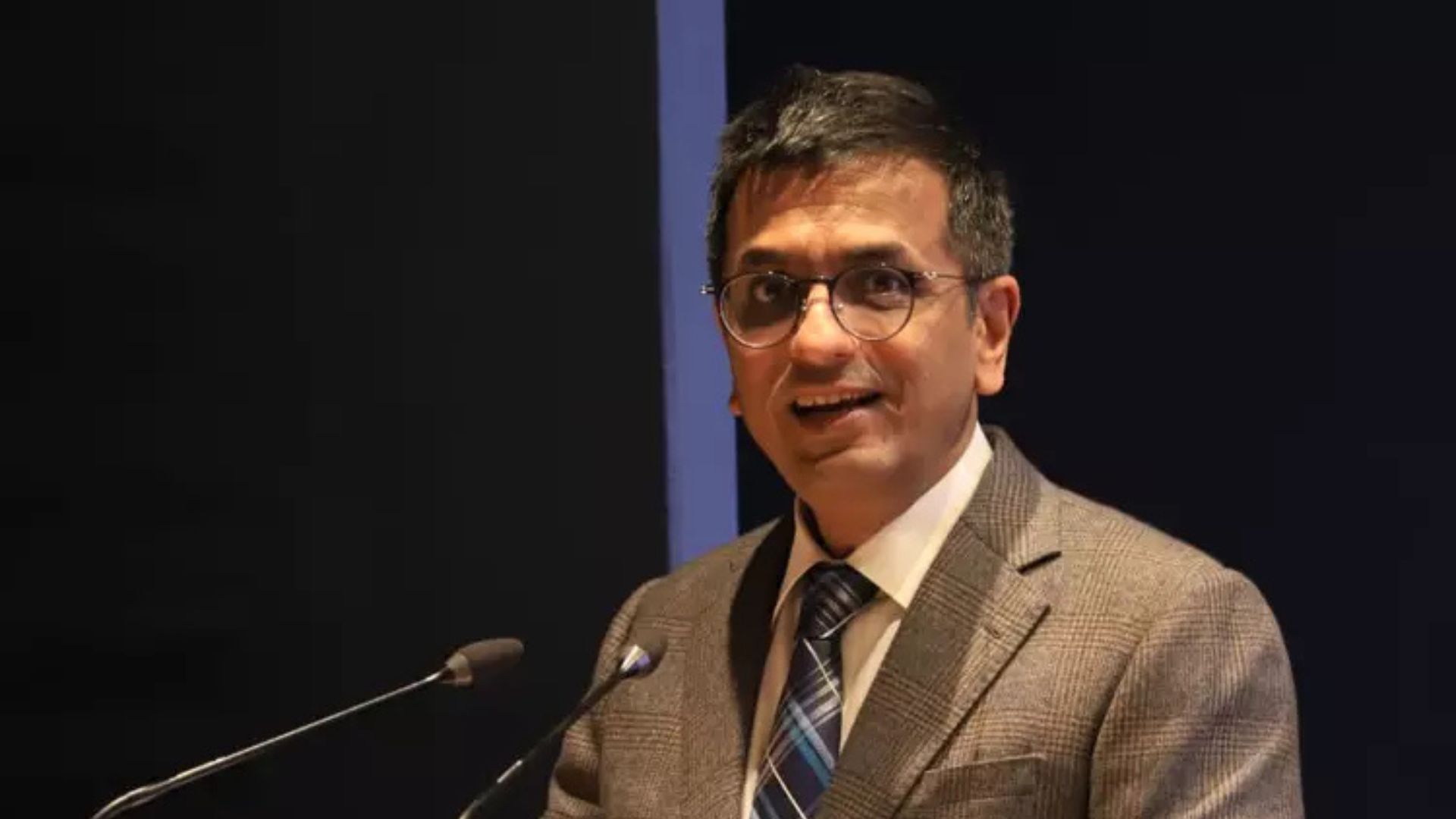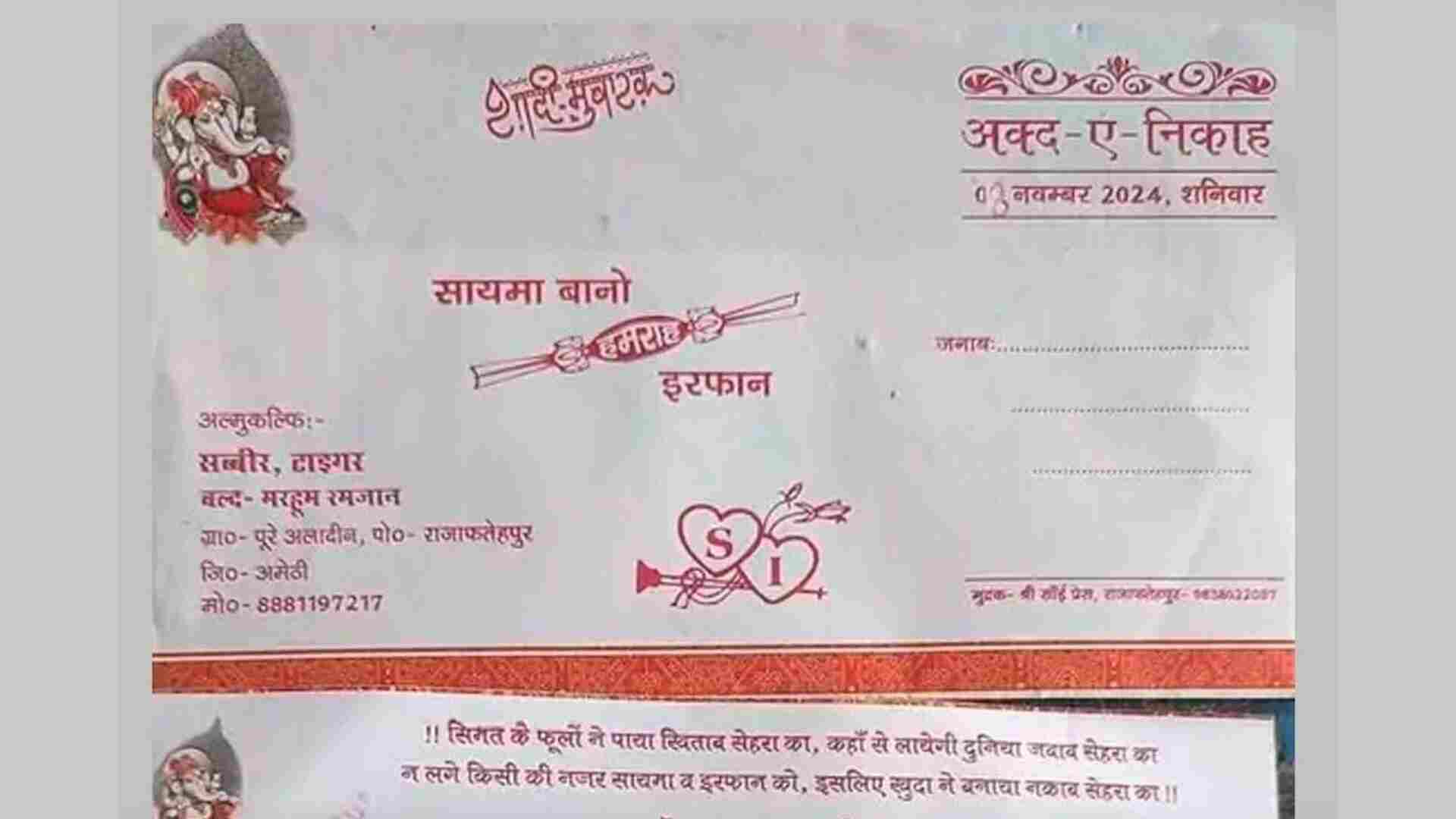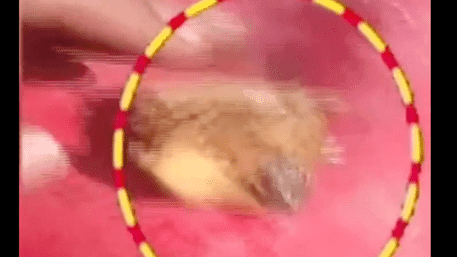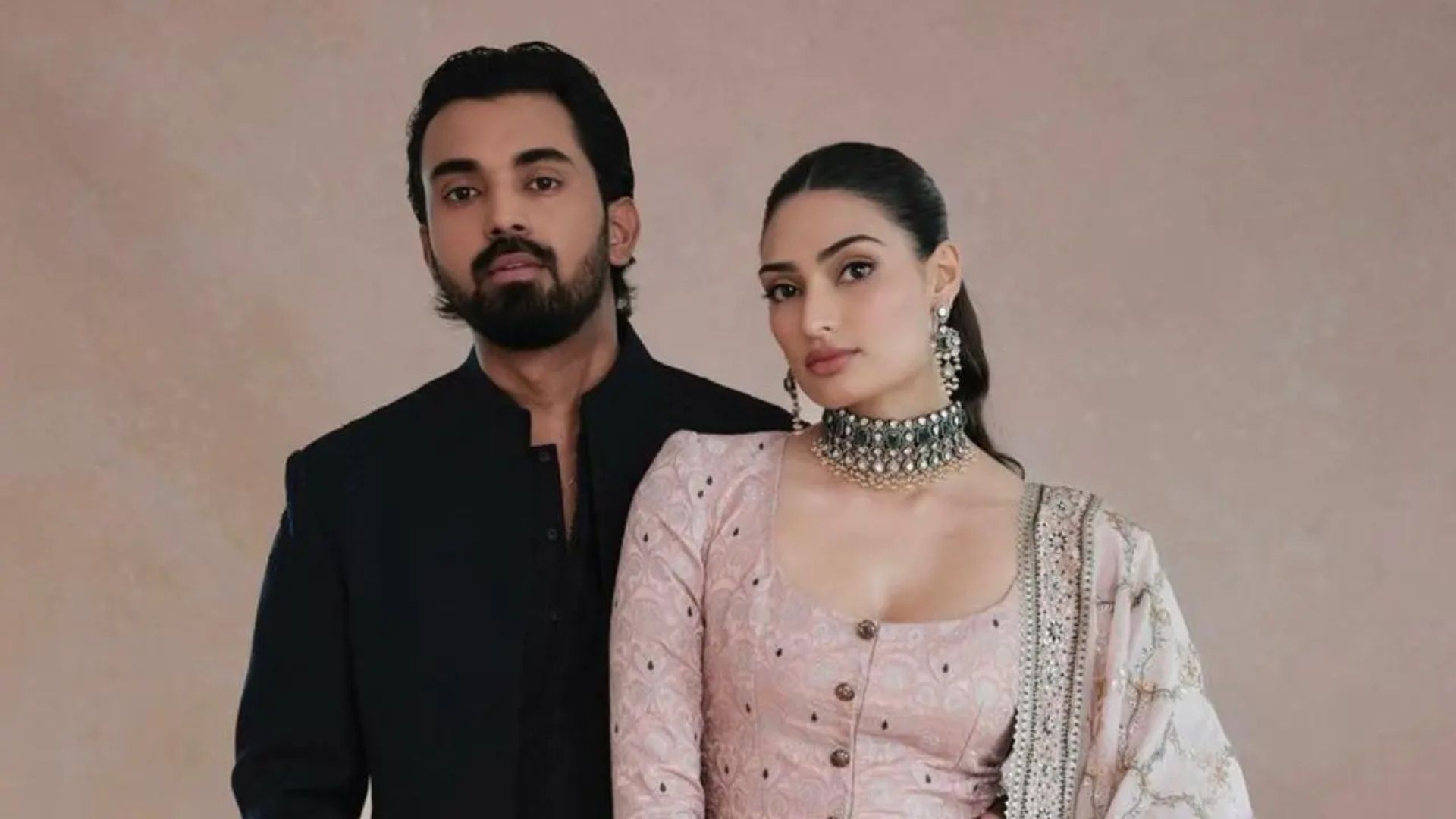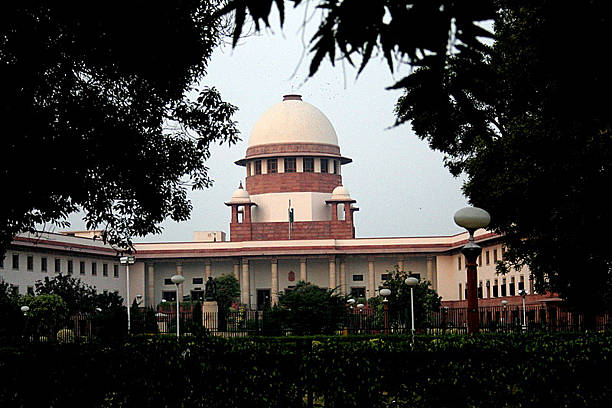
In 2014, the Supreme Court of India in National Legal Services Authority vs Union of India, (2014) 5 SCC 438, declared that the hijra community will be considered to be a third gender for the first time after the Bhoorah case. This judgment has given gender identification to the hijra community, but till now, they are facing gender discrimination because of their medical disability. To understand their disability first, we have to know about the hermaphrodite condition. Hermaphrodite is a medical condition that makes the third gender different from other genders and transgender and it’s the only reason behind the plight of the third gender which they are facing for time immemorial. Hermaphroditism is the condition of having both male and female reproductive organs. Conditions that involve discrepancies between external genitalia and internal reproductive organs are described by the term “intersex”. Intersex conditions are sometimes also referred to as disorders of sexual development (DSDs). Such conditions are extremely rare in humans. In true gonadal intersex (or true hermaphroditism), an individual has both ovarian and testicular tissue. The ovarian and testicular tissue may be separate, or the two may be combined in what is called an ovotestis. So, it’s a disorder related to sexual development. In India, people suffering from hermaphroditism are known as Hijra or Kinnar or third gender and it is not considered a disability under The Persons with Disabilities (Equal Opportunities, Protection of Rights and Full Participation) Act, 1995. The Persons with Disabilities (Equal Opportunities, Protection of Rights and Full Participation) Act, 1995, was enacted in India to bring persons with disability into the mainstream of society but the disability of the third gender was not considered to be a ground of discrimination. But, one thing that we as a society and lawmakers fail to understand is that it’s the medical condition of the third gender that has led them to be marginalized in society over a long period, and this continues. Unfortunately, society has branded the hijra community or third gender as outcasts. It is important to understand and accept the fact that they are different from other genders only because of their medical condition. This condition has not only to affect them physically, but mentally too and that can be proved by the fact that even after getting the status of the third gender one can hardly find a gender-neutral washroom in schools, colleges, workplaces, or any public place for third-gender even there is no separate cells in prisons for the third gender. This shows the discrimination towards them. Recently for the first time, National Academy of Legal Studies and Research (NALSAR), Hyderabad, has become the first gender-neutral institution in India. But a third-gender person will go to a higher institution only after the completion of higher secondary schools. Thus, there is a need for gender-neutral schools first. Like any other person, they have a legal right to equal protection under the Indian Constitution. In 2016, the government of India being a signatory member of the United Nations Convention on the Rights of Persons with Disabilities enacted The Rights of Persons with Disabilities (RPwD) Act, 2016. This new Act has replaced the old Disability Act of 1995. In this Act, total of 21 kinds of disability have been included and one such disability is Acid attack victims. Even under this Act, the Central government has the power to add more disabilities to it. But in this Act, the medical conditions of the third gender have not been included. In legal scenarios, we say that no person by birth is a criminal, but for the third gender, we considered them as a born beggar. Till now we have failed to consider their plight. The British government through the Criminal Tribes Act, 1871 declared the third gender group as by birth criminal. From here actually, the plight of the third gender people changed. The third-gender people before the British government enjoyed a respected position in our society, but over time, society started treating them like criminals—they were forced to beg on the streets, and in some cases, they were even forced to become prostitutes for their livelihood. Till now, even after the NALSA judgment, their plight remains the same. For many of us till now they are born beggars. Normally we never tried to interact with them when they come to us for begging. None of us will say that we have ever asked their actual name also. Because for us their name is “hijra” or “chakka”. It’s their name that we have given to them. This shows our mentality towards them. We call a child by the name “Chotu” if we don’t know his name personally, but for the third gender, it’s “chakka” or “hijra”. Somewhere we forget to consider their pain for being neglected in our society for such a long time. They have been struggling for their basic fundamental rights. For many, “Kanchana”, a movie from the Tamil industry, that was released in 2011 is a horror or comedy movie but for me, it’s the reality of a third-gender fight for education, respect, and status in society. This movie shows how from birth, their suffering started. Another important thing to highlight here is that it was only in the 2011 census first, third- gender populations were calculated separately for the first time. Giving them the identity of the third gender is not sufficient unless and until we accept them in our mainstream. The true motive of the Disability Act will be achieved only when every person gets an opportunity for nation-building. Law will be applied equally for equal people and not too unequal. The third gender is different from us in terms of medical aspects; so they should get the benefit of the Disability Act of 2016. To bring the third gender community into the mainstream of society, The Rights of Persons with Disabilities (RPwD) Act, 2016 may be amended to include them under the Act because of their disability of identification and the social stigma they are facing in society from time immemorial.
Dr Pyali Chatterjee is Head of the Department, Faculty of Law, ICFAI University, Raipur.

